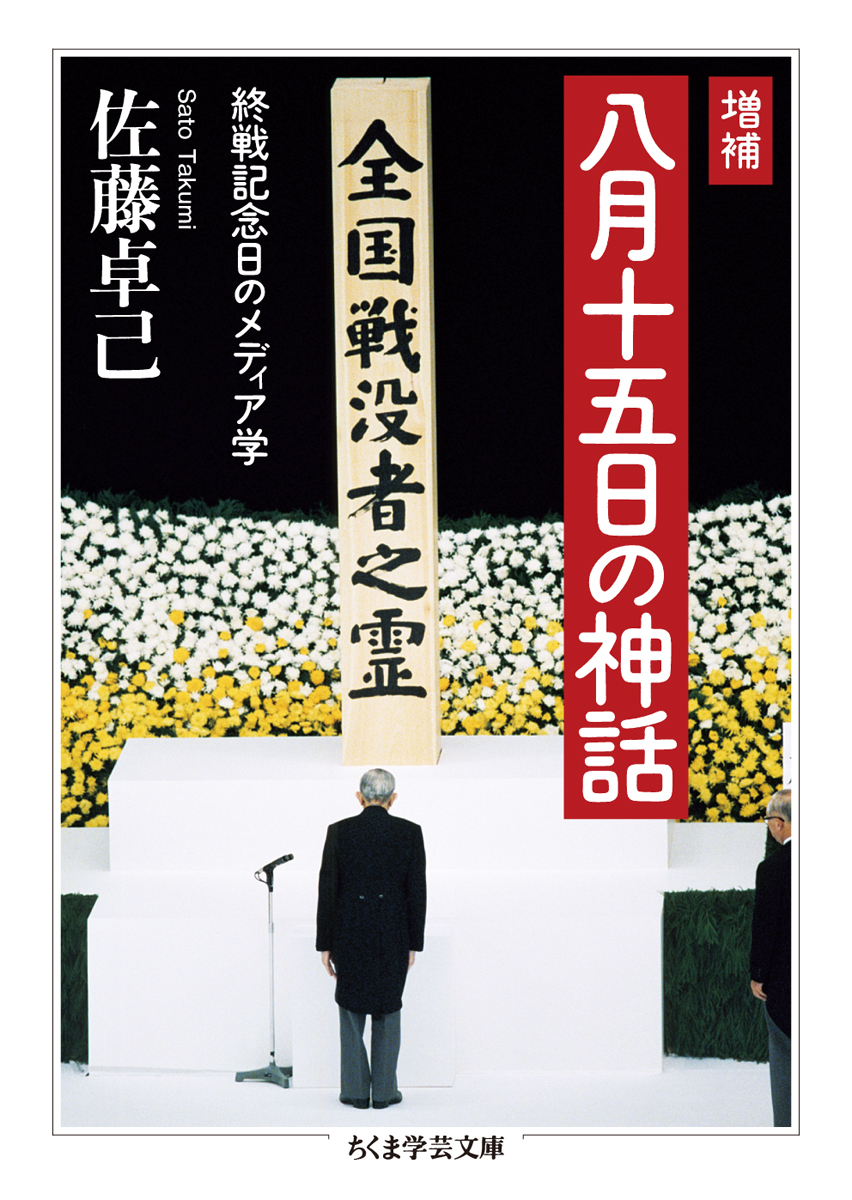Chikumashobo Ltd. Bookmark
The Myths of 8.15;Media Studies on the End of the War Memorial Day
Information will be available after you log in. Please create an account.
Rights Information
Other Special Conditions
Abstract
The Japanese government institutionalized the Day for the Mourning of the War Dead and Praying for Peace on 13 April 1982, 37 years after the defeat. Why is 15 August, the day when the Jewel Voice broadcast for our good and loyal subjects was aired, commemorated as the End-of-the-War Memorial Day? Why not 14 August, when the Potsdam Declaration was accepted by Japanese government, or 2 September, when the Instrument of Surrender was signed? This collective memory was built on the 1955 system (the Japanese postwar system) of memory that was comfortable for both the conservatives, who believed the sacred decision was instrumental in protecting the national polity, and the progressives, who wanted to believe in the 8.15 revolution (Masao Maruyama). This book is a pathbreaking work in media history research that thoroughly verifies the process of the organization of this collective memory through Jewel Voice photos in newspapers, Bon Festival broadcasts on the radio, and the description of the end of the war in school textbooks. This extended version (2014) includes three new appendices that have been added to added to provide a forum for discussing war and peace by taking a look at VJ Day (2 September), which is commemorated all over the world.
Author’s Information
Satō Takumi is a professor and vice dean at the Kyoto University Graduate School of Education (media culture). Born in 1960, he was a recipient of the Shijuhōshō (Medal with Purple Ribbon), the highest honor for scholarly achievements, which was conferred by the Emperor of Japan in 2020. He studied at Ludwig Maximilian University (Research Center of Modern History) (1987-1989) and received his PhD from Kyoto University. His research focuses on mass media in the contemporary history of Germany and Japan. He is the past president of the Japan Society of Journalism and Mass Communication. His publications included 20 single authored books, 19 edited books, and 80 professional articles. “King” no jidai (The Age of the “King”) 2002 is a detailed interpretation of the history and impact of propaganda by this most popular magazine, with its importance recognized by the Suntory Prize for Social Sciences. Genrontōsei (Control of the Freedom of Press) 2004 was awarded the Yoshida Shigeru Prize. Fascist teki Kōkyōsei (The Fascist Public Sphere) 2018 was awarded the Mainichi Culture Prize.
| Series/Label | Chikuma Gakugeibunko |
|---|---|
| Released Date | Dec 2014 |
| Price | ¥1,300 |
| Size | 105mm×148mm |
| Total Page Number | 368 pages |
| Color Page Number | --- |
| ISBN | 9784480096548 |
| Genre | Nonfiction / Humanities > History/Geography |
| Visualization experience | NO |





